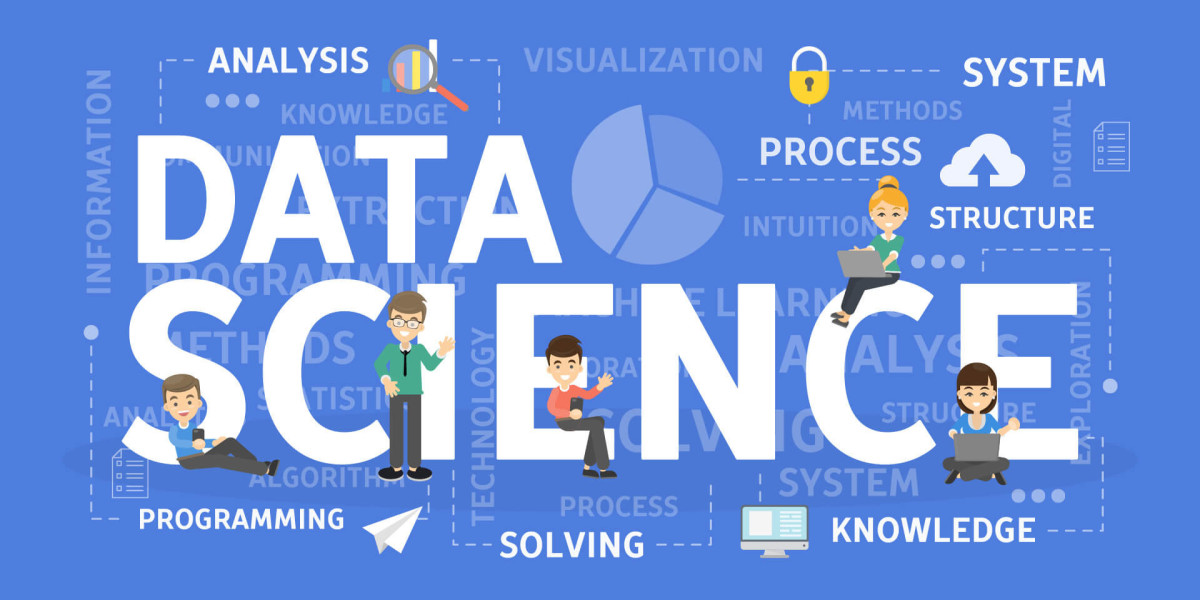Essential Skills to Become a Data Scientist
Data science is a multidisciplinary field that combines statistical analysis, programming, and domain expertise to extract insights and solve problems. To succeed as a data scientist, one must acquire a wide range of technical and non-technical skills. Below are the essential skills required to excel in this field:
1. Programming Skills
Proficiency in programming is fundamental for data manipulation, analysis, and building models. Key programming languages include:
- Python: Widely used for data analysis, visualization, and machine learning.
- R: Ideal for statistical analysis and data modeling.
- SQL: Essential for querying and managing databases.
2. Data Manipulation and Analysis
The ability to clean, transform, and analyze data is critical. Skills include:
- Handling messy and unstructured data.
- Using tools like Pandas, NumPy, and dplyr.
- Understanding exploratory data analysis (EDA).
3. Statistical and Mathematical Knowledge
A strong foundation in statistics and mathematics is vital for building and interpreting models. Key areas include:
- Probability and distributions.
- Hypothesis testing and regression analysis.
- Linear algebra and calculus for machine learning algorithms.
4. Machine Learning
Data scientists should understand how to develop predictive and classification models. Key skills include:
- Supervised learning (e.g., regression, classification).
- Unsupervised learning (e.g., clustering, dimensionality reduction).
- Model evaluation and tuning techniques.
5. Data Visualization
Presenting findings clearly is as important as deriving insights. Tools and skills include:
- Visualization libraries like Matplotlib, Seaborn, and ggplot2.
- Dashboard tools like Tableau or Power BI.
- Understanding how to create clear and compelling visualizations.
6. Big Data Tools
Dealing with large datasets requires knowledge of big data technologies, such as:
- Hadoop and Spark for distributed data processing.
- Hive or Pig for querying large datasets.
- Cloud platforms like AWS, Google Cloud, or Azure.
7. Data Engineering Basics
Understanding how data is stored and processed helps in working effectively with datasets. Knowledge areas include:
- ETL (Extract, Transform, Load) processes.
- Designing and maintaining data pipelines.
- Familiarity with tools like Apache Airflow and Kafka.
8. Domain Expertise
Domain knowledge helps in asking the right questions and interpreting results effectively. Specializing in a specific industry (e.g., finance, healthcare, or e-commerce) can add value.
Visit- Data Science Classes in Pune








